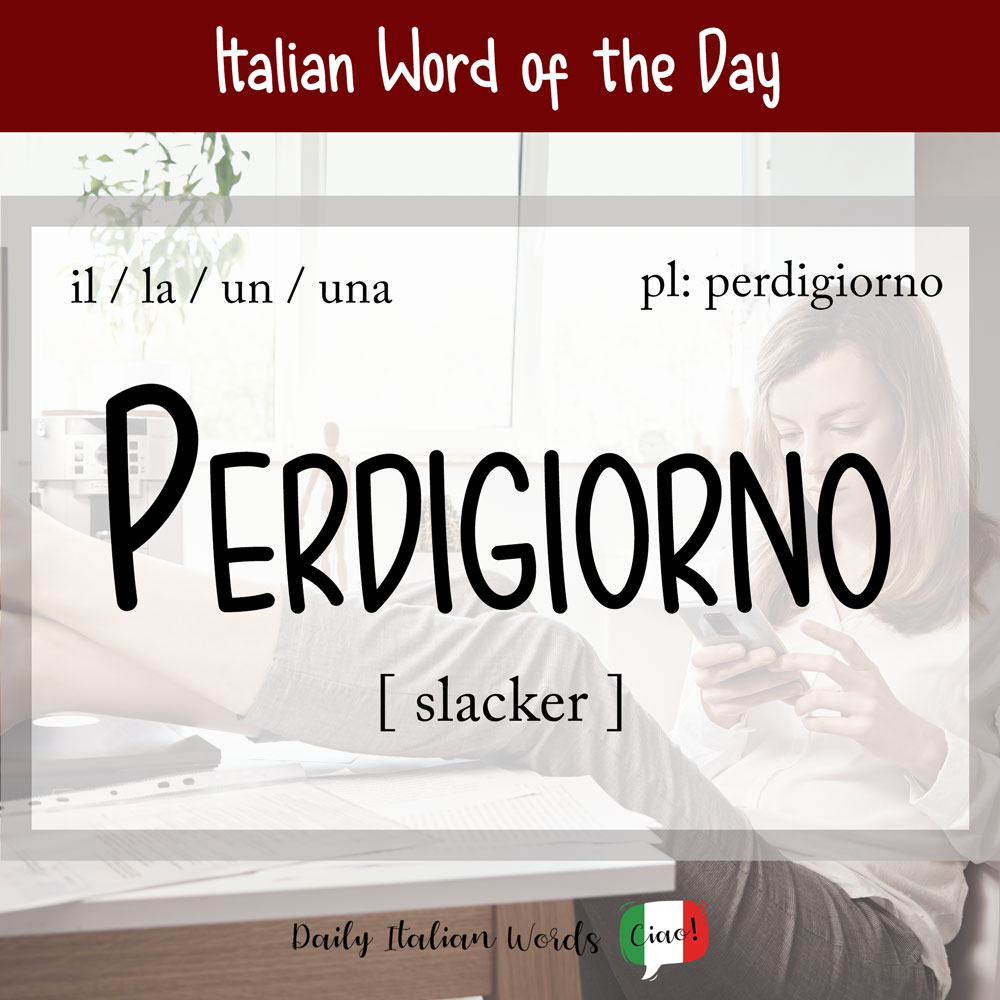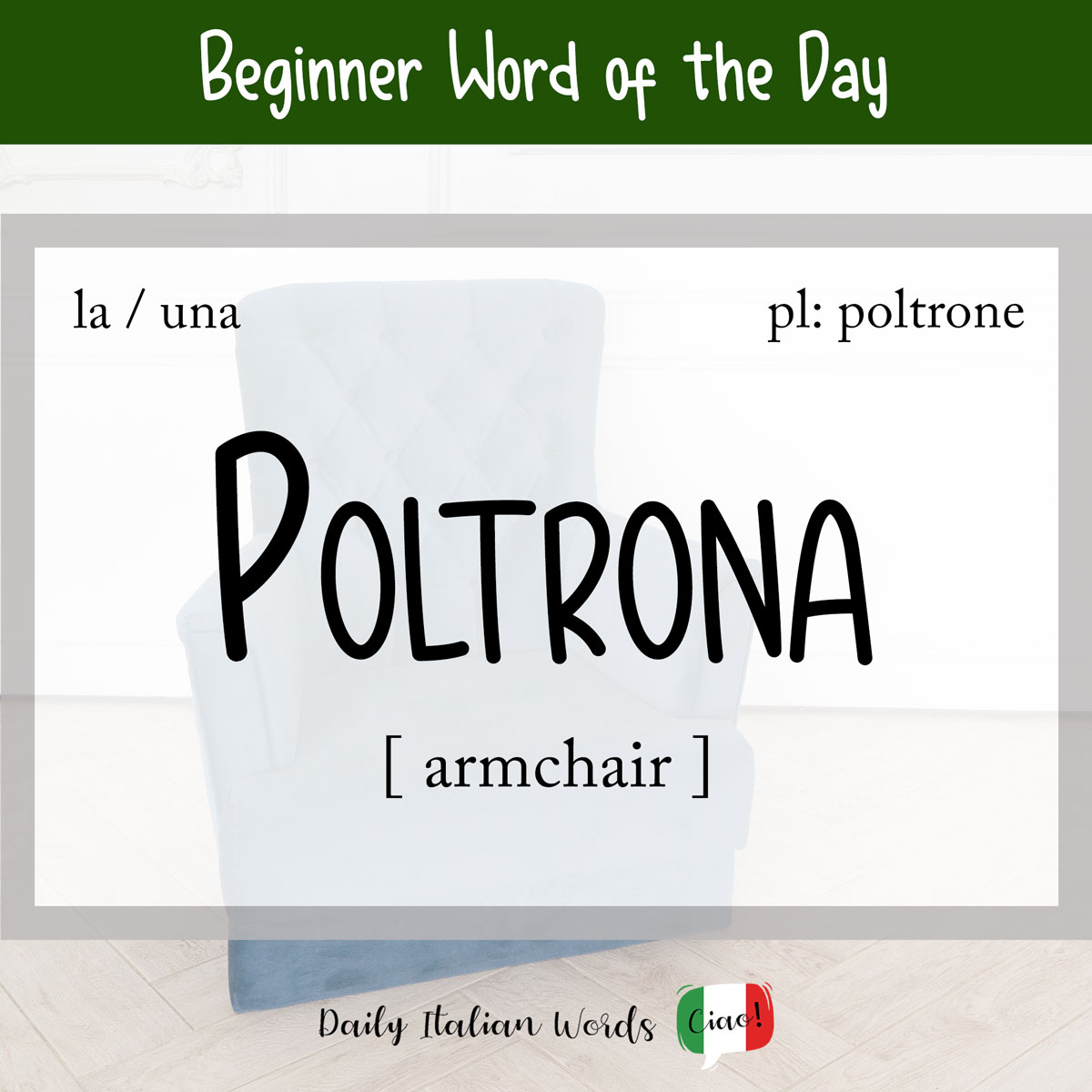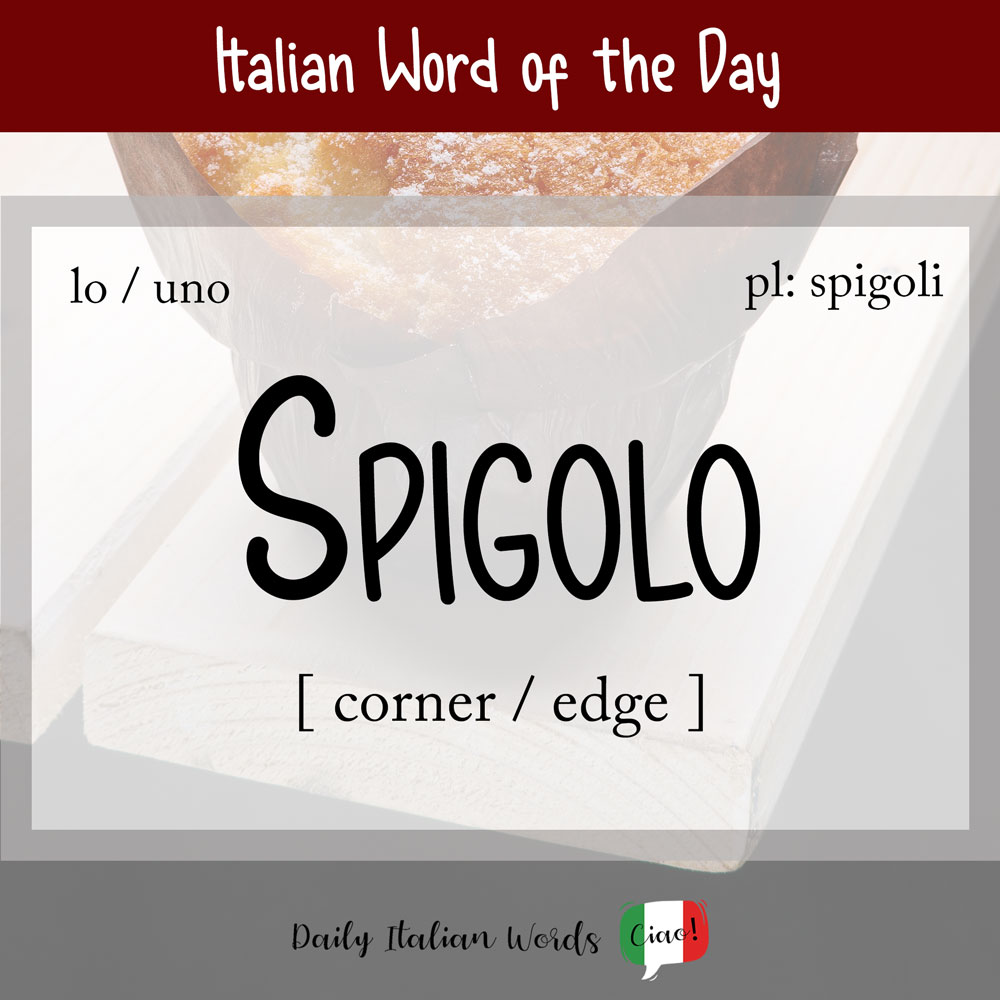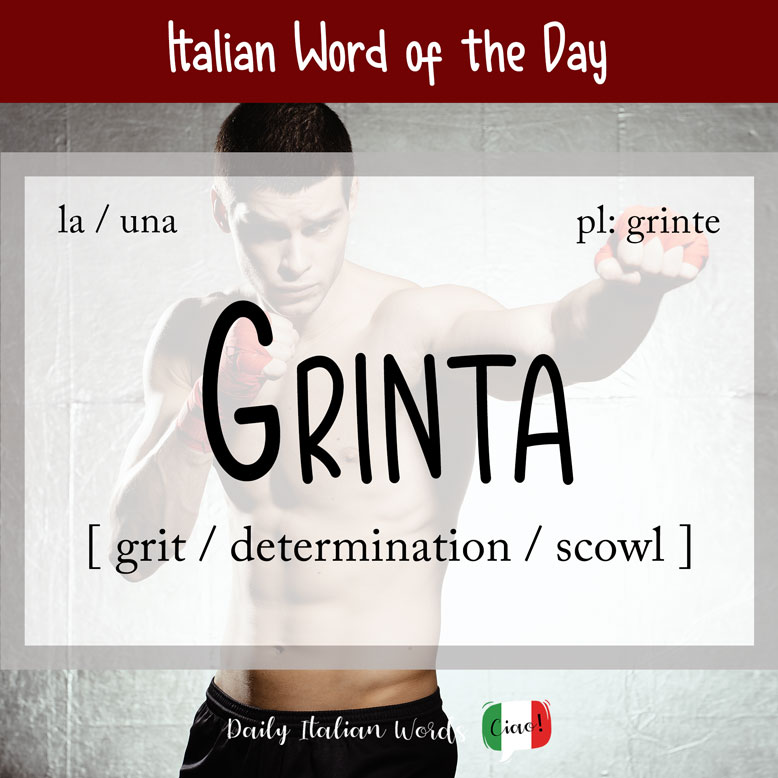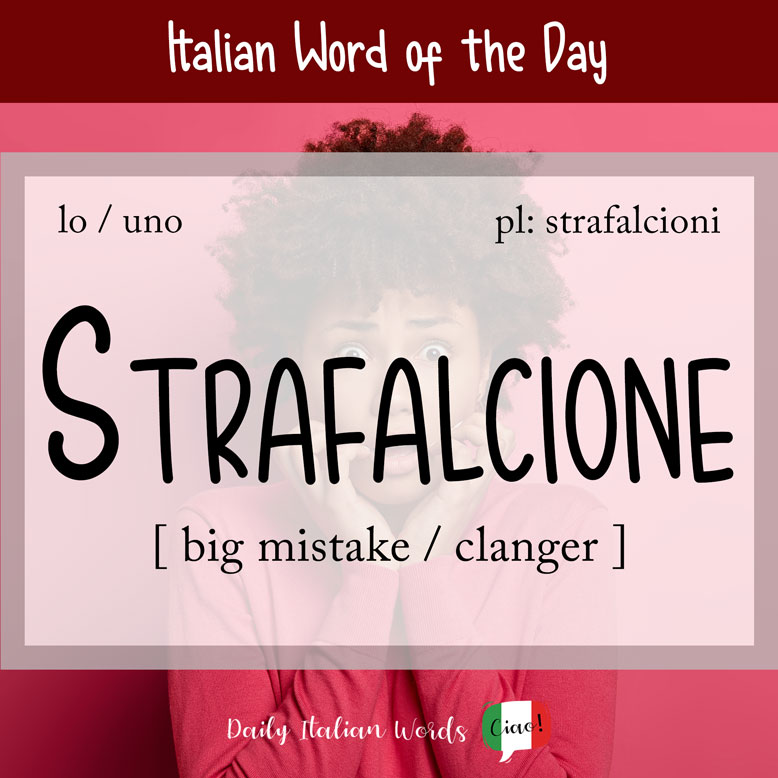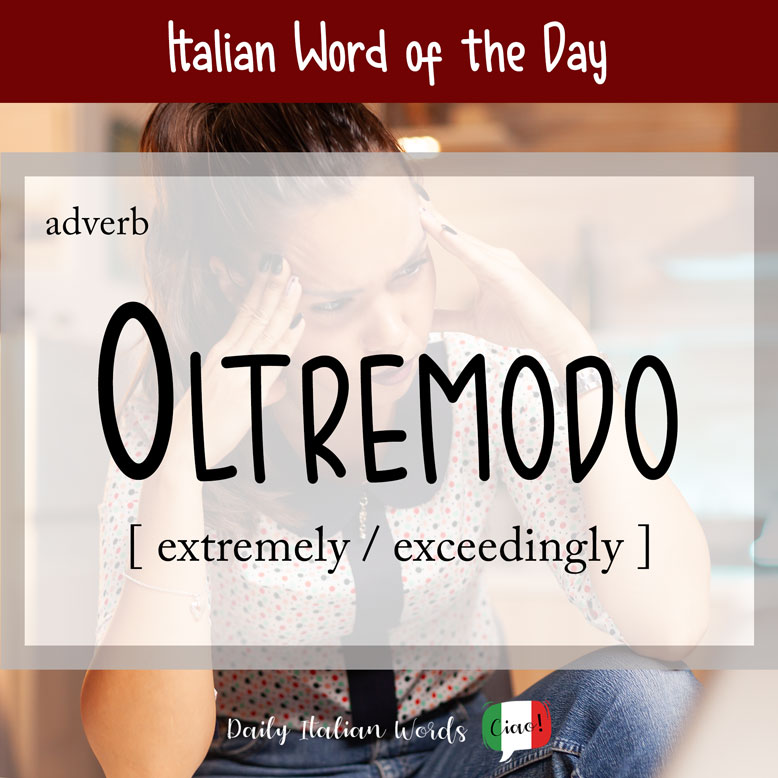Italian Word of the Day: Perdigiorno (slacker)
Do you know someone who sits around all day doing nothing? Then you could call him or her a perdigiorno in Italian! Perdigiorno, which is an invariable noun made up of the words perdere (to lose / to miss / to waste) and giorno (day), is used to describe both men and women who avoid …

